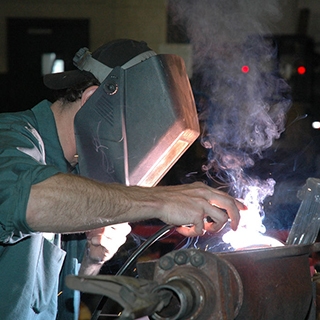How Long Are Welding Certifications Good For? (2024 Guide)
Last Updated on

The American Welding Society (AWS) is the largest welder certification agency in the United States. They issue certifications for welders, inspectors, and instructors. Even though many cities and municipalities issue their own certifications for welders, the AWS is the most universal standard.
If you are a certified welder and did your test at an AWS accredited facility, it’s your job to make sure that your welding certifications stay current. All welding codes including AWS D 1.1 (structural steel) require you to have a signature from a CWI or your supervisor every six months. Supplement C or D 9.1 code for sheet metal welding requires an update every 12 months. The renewal fee is $15.00.

Even if you have an AWS welding certification, you should also keep tabs on all of your other certifications. Welding code for the State of Washington, for example, is governed by the Washington Association of Building Officials. They generally require a signature every quarter for an annual renewal of $55.00.
Your employer may also choose to certify you in-house, in which case the regulations will vary. But many still hold to the six-month timetable.
How do I get Certified in Welding?
First, find and select an AWS accredited testing facility to administer your test. Call ahead to schedule your test. Find out what equipment they can and will provide for your time at the facility. Find an ATF near you on the AWS website. They will be able to provide you with the necessary paperwork to apply for your certification.

Secondly, you need to make sure that your skills are up to snuff. A good rule is to practice at 100%, because when you test, nerves might get the best of you. In this case you’ll be operating at about 80%, which is plenty good enough to pass a welding test in most cases. But practice, practice, practice.
Lastly, remember that just because you are certified as a welder, does not mean that your education as a welder is finished. The certification may be a gateway to a higher paying job, but it does not mean that you meet all industry standards or can’t improve.
Featured image credit: goodluz, Shutterstock
